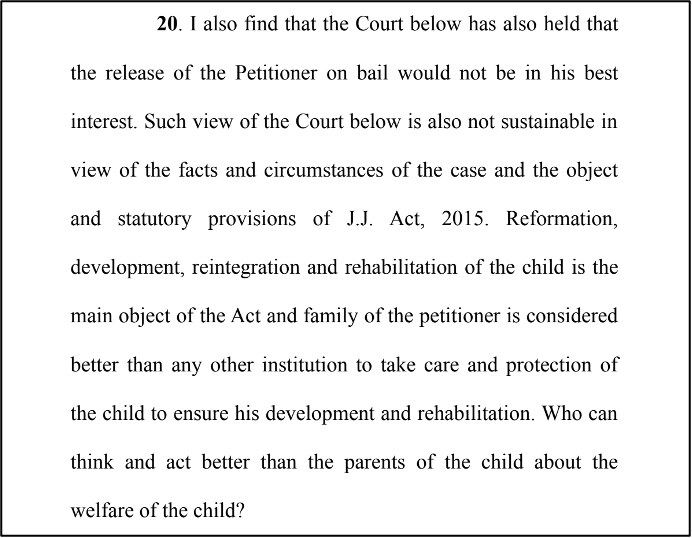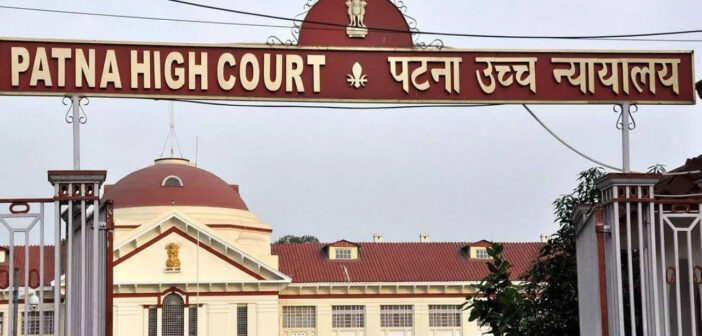In this edition of the Court Judgements review, we look at the Supreme Court’s judgement that regularizing service as extraordinary leave cannot justify denial of pension, Kerala HC’s ruling that the sale of e-tickets without authorization attracts prosecution under the Railways Act, Patna HC’s order that family is the best institution for juvenile rehabilitation and reintegration, among others.
SC: Regularizing service as extraordinary leave cannot justify denial of pension
The appellant in the case, Jaya Bhattacharya vs. State of West Bengal, was appointed as an L.D. Assistant in the Office of the Block Development Officer, Jhargram on 20 March 1986. However, she remained absent for 107 days and later from 29 June 1987 to 12 July 2007. She claimed she was prevented from signing the attendance register, but the authorities treated her absence as unauthorized and issued a show-cause notice.
The appellant filed multiple petitions over the years, including before the State Administrative Tribunal, West Bengal and the High Court, challenging her non-payment of salary and denial of reinstatement. The Tribunal initially closed proceedings in 2000, citing the absence of departmental action against her. However, in 2001, the High Court set aside this order and directed the Tribunal to reconsider the case.
Subsequently, in 2003, the Tribunal ordered a departmental inquiry into her allegations and directed that a decision on her salary be taken. However, no such inquiry was conducted. Later, in 2011, her absence from 1987 to 2007 was treated as extraordinary leave, regularizing her service but denying her leave salary and pension benefits. The Tribunal ruled that this period did not count toward qualifying service for pension. Her writ petition challenging this decision was dismissed for non-prosecution, along with her review and restoration applications.
The Supreme Court bench of Justices BR Gavai and Prashant Kumar Mishra noted that despite the Tribunal’s clear order for an inquiry in 2003, the authorities failed to conduct it. This deprived the appellant of the opportunity to prove she was prevented from working. The burden of proof should not have been on the appellant, as only a departmental inquiry could have established the facts. The Court further held that regularizing her service through extraordinary leave negated the claim of unauthorized absence. Denying a pension without inquiry was unjustified, as pensionary benefits cannot be denied unless supported by a specific rule.
The Court set aside the denial of pension and directed the authorities to finalize her pension within three months. However, she would not be entitled to arrears. The appeal was disposed of accordingly.
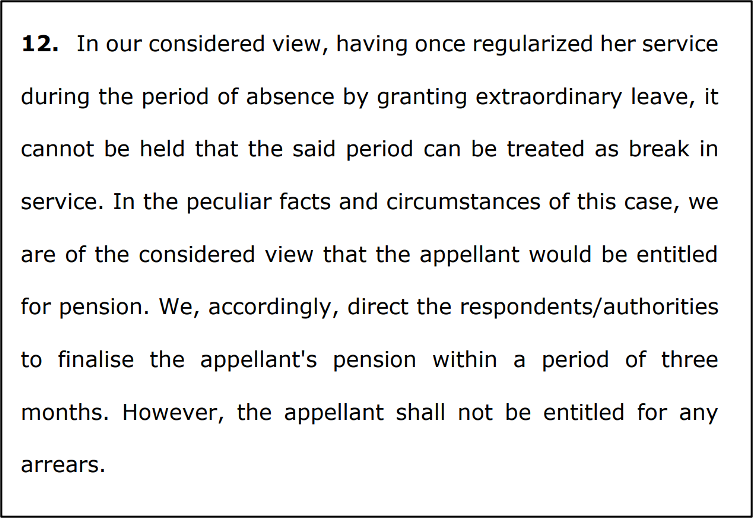
Kerala HC: Sale of e-tickets without authorization attracts prosecution under Railways Act
The Kerala High Court dismissed the petition Afeefa Khadir vs. State of Kerala seeking to quash proceedings against a travel agency owner accused of unauthorized railway e-ticket sales. The petitioner was found with multiple railway e-tickets booked using IRCTC user profiles, along with other evidence suggesting commercial ticket resale for profit. The prosecution was based on Section 143 of the Railways Act, which prohibits the unauthorized sale of railway tickets.
The petitioner argued that booking e-tickets for others was not a criminal offence as one can book tickets for not just oneself, but others too. She added that IRCTC could only de-register users for violating its terms. However, Justice S Manu of the Kerala High Court, relying on a Supreme Court ruling in Inspector, RPF, Kottayam vs. Mathew K Cheriyan, held that unauthorized ticket sales, even through IRCTC, fall under Section 143. The petitioner’s activities, including charging extra fees for ticket bookings, indicated commercial misuse of the online system.
Emphasizing the need to protect the railway ticketing system from exploitation, the court ruled that a prima facie case was established. It refused to quash the prosecution, directing the petitioner to face trial while clarifying that the final verdict must be based on evidence presented during the trial.
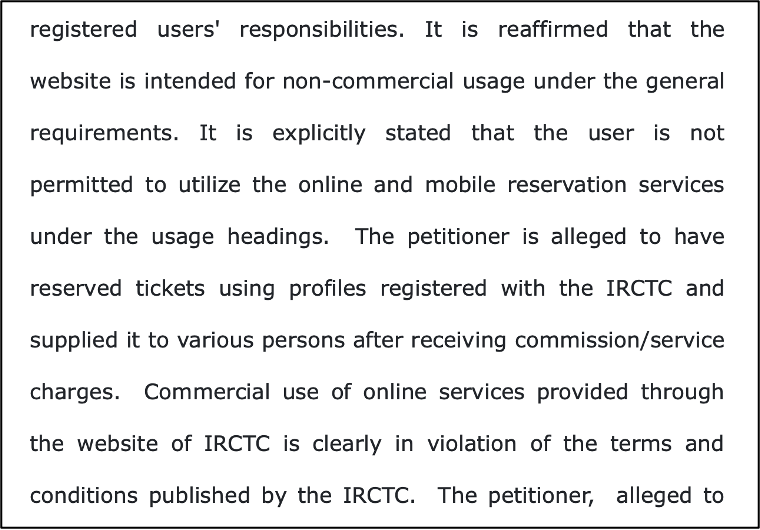
Bombay HC: Natural guardian can manage minor’s undivided interest in joint family property without court permission
In Pooja Popalghat vs. State of Maharashtra, the appellant approached the Additional District Judge, Kaij, District Beed, under Section 8 of the Hindu Minority and Guardianship Act, 1956, seeking permission to sell agricultural land. The land originally belonged to her late husband, and after his death, it was mutated in her name along with her three minor children. The appellant, who works in Pune, argued that she was unable to cultivate the land and needed to sell it to fund her children’s education and maintenance. However, the trial court rejected her application, noting discrepancies in the evidence regarding school fees and finding no immediate financial necessity for the sale.
The appellant contended that the land was joint family property, and as the natural guardian of her minor children, she did not require court permission under Section 8 of the Hindu Minority and Guardianship Act to sell it. She relied on legal precedents to support her claim that a minor’s undivided interest in joint family property is outside the purview of Section 8. The State, however, opposed the appeal, arguing that inconsistencies in the appellant’s claims regarding educational expenses raised doubts about the necessity of selling the land.
Justice Santosh Chapalgaonkar of the Bombay High Court analyzed the provisions of the Hindu Minority and Guardianship Act, particularly Sections 6, 8, and 12, and observed that the Act does not regulate a minor’s undivided interest in joint family property. Citing Supreme Court and High Court rulings, the court noted that a natural guardian does not require court permission to deal with a minor’s share in joint family property, provided the transaction is for legal necessity and in the minor’s best interest. It further held that the appellant, as the mother and natural guardian, could manage the property on behalf of her minor children without needing judicial approval and allowed the appeal.
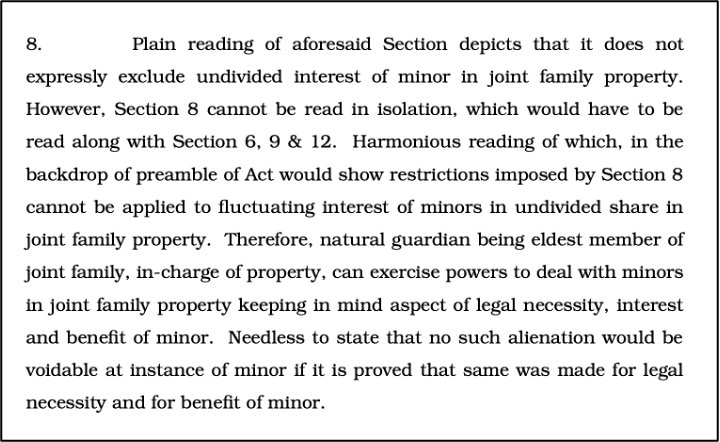
Punjab & Haryana HC: Widowed daughter not entitled to compassionate appointment but eligible for ex-gratia compensation
In Bhupinder Kaur vs. State of Haryana, the petitioner’s father was employed as an Octroi Peon with the Municipal Committee, Ambala. He went missing in May 1990, just months before his scheduled retirement in October 1990. Since he could not be traced, the respondent treated him as retired and provided his widow with gratuity, leave encashment, and provident fund benefits. The petitioner, who was married at the time, lost her husband in 1994 and later became financially dependent on her mother. After her father was declared ‘deemed dead,’ she sought a compassionate appointment, which the respondent rejected on the grounds that there was no provision for appointing a widowed daughter under the prevailing policy.
The petitioner contended that she had been pursuing her case since 1999 and that, under the 2003 policy, dependents were entitled to an ex-gratia payment of Rs. 2.5 lakh. However, she acknowledged that she could not claim benefits under the 2003 policy but was still eligible for Rs. 15,000 under the 1970 policy, which neither she nor her mother had received. The respondent contended that all other due benefits were provided and that the petitioner was ineligible for compassionate appointment as she was a married daughter at the time of her father’s presumed death.
Justice Jagmohan Bansal of the Punjab & Haryana High Court noted that a widowed daughter was not covered under the policy for compassionate appointment. He noted that the petitioner’s father was honourably superannuated, and his family had received the standard retirement benefits. However, under the 1970 policy, his family was entitled to an ex-gratia compensation of Rs. 15,000, which was not paid, likely due to the delay in declaring him deceased. Since he was missing while in service, his family should have received the ex-gratia amount. The Court directed the respondent to pay a lump sum compensation of Rs. 50,000 which included the principal amount of Rs. 15,000 along with deemed interest.
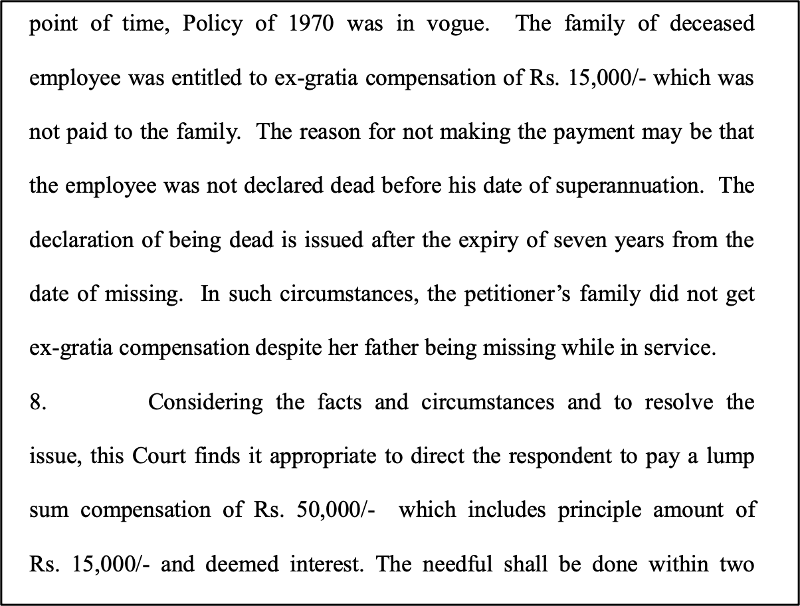
Patna HC: Family is the best institution for juvenile rehabilitation and reintegration
Biswajit Kumar Pandey @ Lallu Kumar vs. the State of Bihar is a petition challenging the decision of the Juvenile Justice Board (JJB) and the Additional District and Sessions Judge (Special Children Court), which had denied him bail. He was accused under the Indian Penal Code, Arms Act, and Scheduled Castes and Scheduled Tribes (Prevention of Atrocities) Act, 1958.
According to the police report, on 19 July 2022, Rahul Kumar, the victim, received a phone call and went out to meet someone. Later, his family was informed that he was found unconscious and bleeding. He was rushed to the hospital but died during treatment. The victim’s mother alleged that her son was called and killed by Amit Kumar Pandey (also known as Golu) and the petitioner, Lallu Kumar, along with others.
A report by the Probation Officer stated that the petitioner comes from a stable family, with no history of criminal behaviour among his parents or sister. However, it was noted that the petitioner’s friends might have criminal backgrounds and that his conduct in society was not satisfactory. The report also suggested that the crime could have been linked to a dispute involving a love affair and a history of threats from another individual named Shalu, who allegedly killed the victim’s father six months after Rahul’s death.
Since Lallu was a minor at the time, the case fell under the Juvenile Justice Act, 2015, which aims to reform children instead of punishing them. The law says that bail should be granted unless there is a risk of harm to the child or society. The JJB and the appellate court denied bail, believing that Lallu might mix with criminals and that his release could be harmful. However, Justice Jitendra Kumar of Patna High Court found no strong reason for these concerns, as Lallu’s family environment was stable, and he had no past offences.
The High Court overturned the bail rejection, stating that the lower courts had denied bail without strong evidence. It ruled that keeping Lallu with his family was in his best interest, as he needed support and rehabilitation, not punishment. Bail was granted with conditions ensuring his proper upbringing and education under his father’s supervision.
